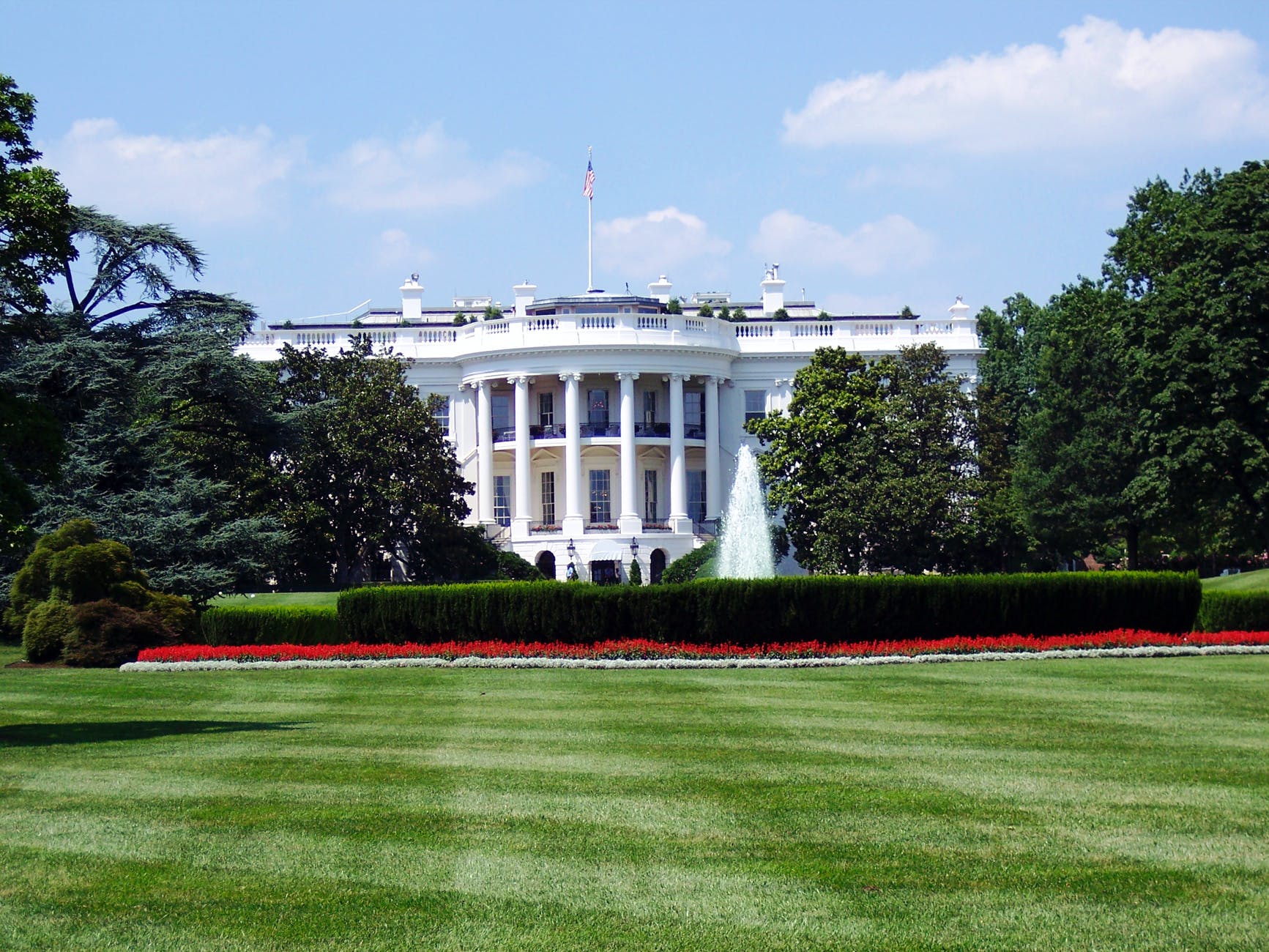By Hunter Kessous
(Follow this link to take action immediately and stand with survivors before July 15th.)
At the age of 17, Fauziya Kassindja narrowly escaped undergoing female genital cutting (FGC) and a forced marriage in her home country of Togo. She used a fake passport to make her way to the United States, and upon arriving at the border, explained to the officials that her document was fake and she was there to seek asylum. She was placed in a maximum security prison for nearly two years. Her case for refuge was initially denied, and was appealed to the highest immigration court in the U.S. where she was finally granted asylum. In 1996, Fauziya became the first to gain refuge in the U.S. on the grounds of escaping FGC. Her victory set the precedent for future immigrants to receive asylum from gender-based persecution.
In addition to the precedent set by Kassindja’s case, there are multiple legal reasons why FGC qualifies as persecution. It violates multiple human rights documents, including the Universal Declaration of Human Rights, the International Covenant on Civil and Political Rights, and the Convention on the Rights of the Child among others. To qualify for refugee status, an individual must prove the persecution they fear is for reason of her race, religion, nationality, membership of a particular social group, or political opinion. FGC is often thought to be a religious requirement. It can also be argued that opposition to FGC is a political opinion.
It seems obvious that FGC should be grounds for asylum in the U.S. Yet, women are still refused for reasons that are often untrue or impossible, such as “woman can refuse to be cut” or “the woman can relocate.” or “the woman can relocate.”
Now, refuge for women escaping FGC may be significantly limited. A proposed rule by the Homeland Security Department and Executive Office for Immigration Review set to be finalized on July 15th, would radically restrict eligibility for asylum, especially for those fleeing gender-based violence (GBV) and for LBGTQIA+ individuals. The regulation bars evidence that supports an asylum claim if it could be seen as promoting cultural stereotypes. On this basis, a judge could refuse refugee status to a woman fleeing FGC because the judge may think it promotes a cultural stereotype. A woman escaping GBV could be denied asylum on the grounds that feminism is not a political opinion. It even allows officials to dismiss some asylum applications without a hearing. These are only a few examples of the many ways this rule would dismantle the U.S. asylum system.
We must act now to protect women and girls. The rule will go into effect July 15th, but before it is finalized the government must read and respond to comments sent by organizations and individuals. To submit a comment, follow this link. A sample comment is provided, but it is imperative to make your comment unique in order to ensure that it is read and responded to accordingly.
For more resources to fight the finalization of this harmful rule, read this document containing websites for action-taking, informative webinars and articles, and sign-on letters.

